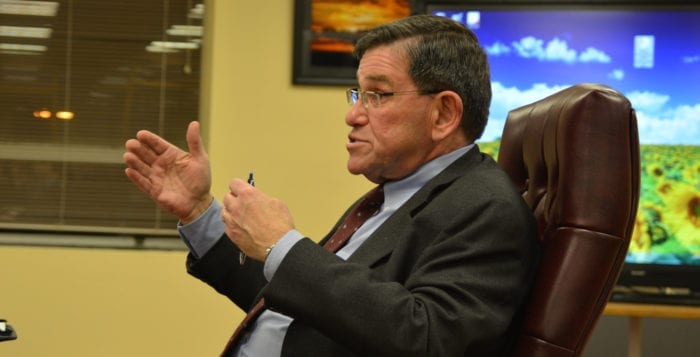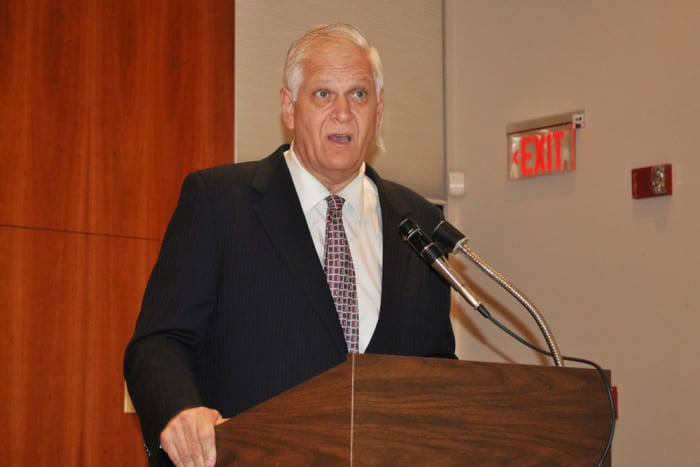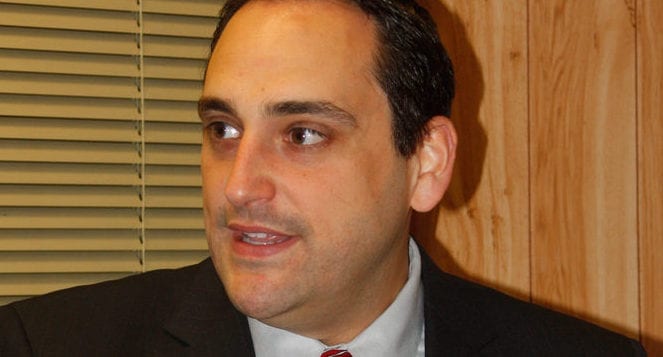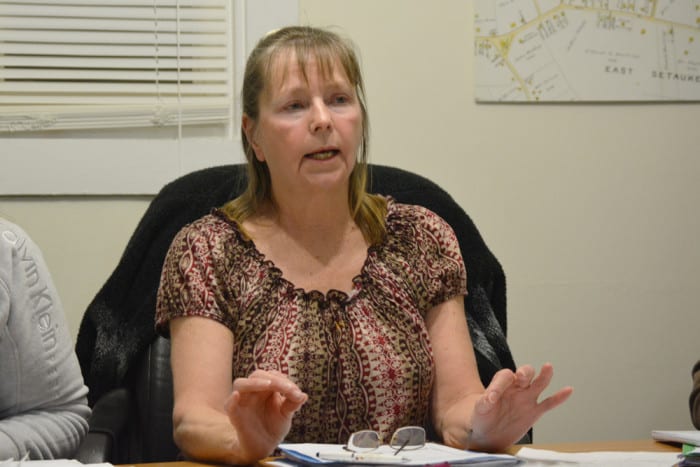Comsewogue School District hopes to adopt a budget that increases staff while staying within the state-imposed limit on its tax increase.
Assistant Superintendent for Business Susan Casali explained during a school board workshop on March 26 that the budget proposal would also reduce the district’s dependency on its reserves and make security improvements.
The budget was originally proposed at that workshop to be $85.6 million, or a 2.7 percent increase over the current year’s budget, funded in part through an expected increase in state aid.
But after preliminary state aid numbers were released on Tuesday, showing Comsewogue receiving less than the $2 million bump it expected, the district is changing its budget proposal — Casali said in an email that the plan is to slash the budget by $400,000.
“Our overall goal is to stay under the property tax cap,” Casali said last week, referring to New York State’s cap on how much municipalities and school districts can increase their tax levy each year.
Comsewogue may raise its by 2.2 percent next year, and the budget proposal meets that cap.
Under the budget plan, the district would add a librarian, so that each school in the district would have one, and Comsewogue would replace its deans, who also have teaching responsibilities, with assistant principals to create more flexibility.
At John F. Kennedy Middle School, where there is already one assistant principal, the plan is to replace the part-time dean with a full-time assistant principal. At Comsewogue High School, the dean will become two assistant principals.
The district is also hoping to add assistant athletic coaches into the mix, for student safety and to help develop a stronger athletic program. In the past, those roles were cut for financial reasons.
Other improvements are proposed for the district’s facilities — according to Casali, Comsewogue’s wireless infrastructure hasn’t been updated in more than 10 years, and some classrooms need to be refurbished. Officials also hope to add cameras and other upgrades to the security system, based on recommendations from a security study that was completed last year.
While the budget has not been finalized, Superintendent Joe Rella said, “Whatever budget is put up [for a public vote] in May will be under the tax cap.”
Also on the ballot will be a proposition on transportation, to add bus service for 38 JFK Middle School students who currently walk to school. The students live within a half-mile of the building, which keeps them off the buses, but the heavy snow covering sidewalks this winter led the kids to walk in the street and spurred the transportation proposal.
The extra bus riders will not add cost to the taxpayer, as the district would reconfigure current bus routes to accommodate the kids.
The school board will adopt a budget at its meeting on April 13.












